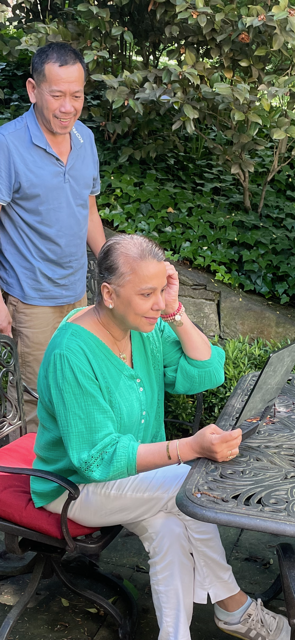What’s hair got to do with it
I’ve always had ‘big hair’—thick, wavy, and full, that easily falls into place without products or tools; the kind that hairdressers and aunties always complimented.
I was never attached to a particular style or stylist; “surprise me,” I’d say every time I sat in a stylist’s chair. In my early 20s, living in Greenwich Village, I signed up to be a ‘model’ for Vidal Sassoon’s hairstyling school to get the ‘cut of the week’; it was cheap, around $17—so what if I came back looking like a plucked chicken sometimes, I knew it would grow back, and it was NYC, no one noticed. When we lived in Paris and Geneva, I experimented with shorter styles that looked chic with European fashions.
In recent years, my hair was not so ‘big’ anymore; it started receding from my temples and the texture felt more brittle than lush. I spoke to my dermatologist to figure out vitamins and serums to maintain what was left; I went for blow-dries before special occasions as the once soft waves started looking more like a frizzy mop. I became self-conscious of the gray and thinning, as other aspects of my outward appearance showed signs of aging too.
But this all feels pretty pointless when you lose your hair completely.
With the start of chemo, my hair started shedding. By day 18, it started falling out in huge clumps in my hand, on the floor, everywhere I went. On day 19 after I washed it, there was a matted mess in the back of my head—the remaining strands tangled with those escaping to form a tightly woven bird’s nest. Arif tried to detangle it, but ended up with bunches of knotted tresses in his hands. Tears flowing, I swept up my hair from the sink, the floor, the bath mat, and stuffed it in a Ziplock bag and shoved it under my sink, I’m not sure why. I had lost at least 65% of my hair.
After my second chemo, my first shower took most of what remained. That afternoon when a friend dropped off chicken tortilla soup, she saw my beleaguered head. This disease and treatment have distorted my two most feminine qualities, I told her through my tears. “The two outwardly feminine aspects,” she corrected, “your femininity goes much much deeper.”
I knew my hair would fall out, but I didn’t think I’d lose this much this fast given the scalp cooling. But it’s one thing to understand this fact intellectually; it’s a completely different feeling to experience it. To hold in your hands what should be on your head; to feel hair streaking down your legs in the shower, to see pools of it in the drain. For me it wasn’t a question of vanity, or even identity. I’ve taken my hair for granted most of my life. And it isn’t the fact that it will hopefully grow back, as well-meaning friends are trying to reassure me; I understand that. But there’s something to seeing, to feeling a part of you fall off your being—it’s a palpable, visceral, awful sensation that can’t quite be explained, only felt.
I knew I wanted to take back control. I called Henry, my lovely Vietnamese hairdresser, and asked if he’d come to our terrace to buzzcut what was left. During Covid, Henry would do backyard cuts; we even have a feature together in The Washington Post about his Covid cuts.
With Arif and Zayd looking on from the kitchen and Saanya on FaceTime encouraging me, Henry cut and clipped, trimmed and buzzed. I didn’t have a mirror in front of me, so didn’t know how I would look until it was over. Henry handed me a mirror, I smiled at my new reflection.
It was liberating to chop off what would otherwise have fallen in dribs and drabs, taking more tears and dignity with each falling strand. I felt lighter, in more ways than one. I keep massaging the back of my buzzed head feeling my scalp for the first time. I actually feel more whole, not less. Perhaps it’s age, perhaps it’s agency.
I usually go out without a head covering, feeling new sensations—caressing breezes and sunshine on my scalp. Sometimes I’ll tie a scarf, trying out different looks. I don’t think I’ll be buying a wig. Soon I’ll lose my eyebrows and eyelashes too, and then the cancer will become even more apparent in my appearance.
But while cancer may provide people with my first impression, I’m determined to have the last word.
With love and gratitude,
Salma
PS: A friend asked me what my ‘word’ for 2024 is. I had just found out about my breast cancer diagnosis at the end of 2023, and I remember thinking my word this year would be ‘keep going’. Last week I found this in my mailbox. ♥️
Please follow more inspiring stories on Instagram @salma.hasan.ali.
This is newsletter #43. If you know anyone who might enjoy this newsletter, they can subscribe for free here. A few past newsletters:
The unexpected blessings of falling ill
We’ll get through this, again, InshAllah
“What a beautiful time we spent together”
Every life lost a story (+ 12 wisdoms I learned from humanKIND)
Reaching for hope, in hopeless times
What I learned from my father-in-law
A Letter of Gratitude, for my Husband’s Surgeon
Life Lessons for my Son, that I Learned this Week





